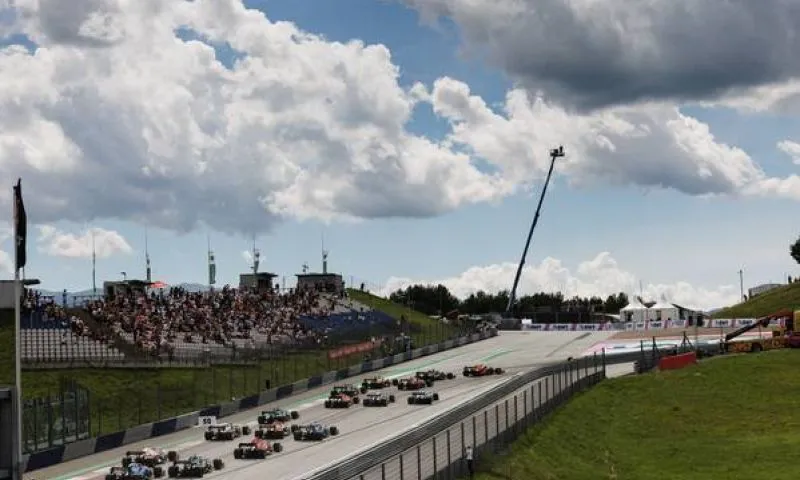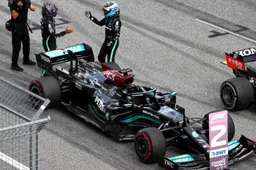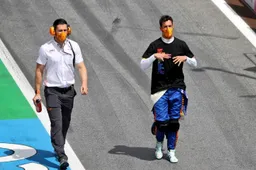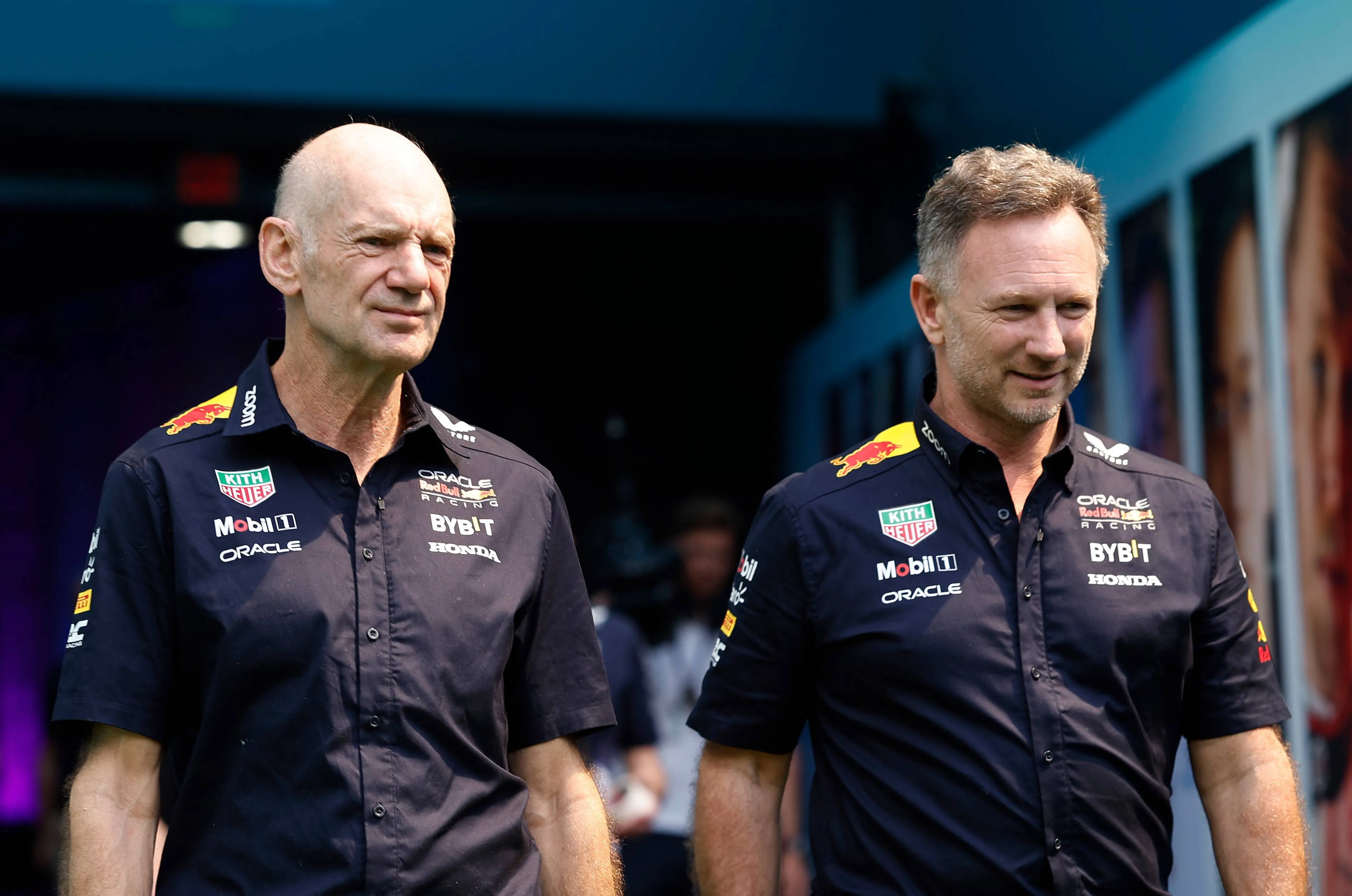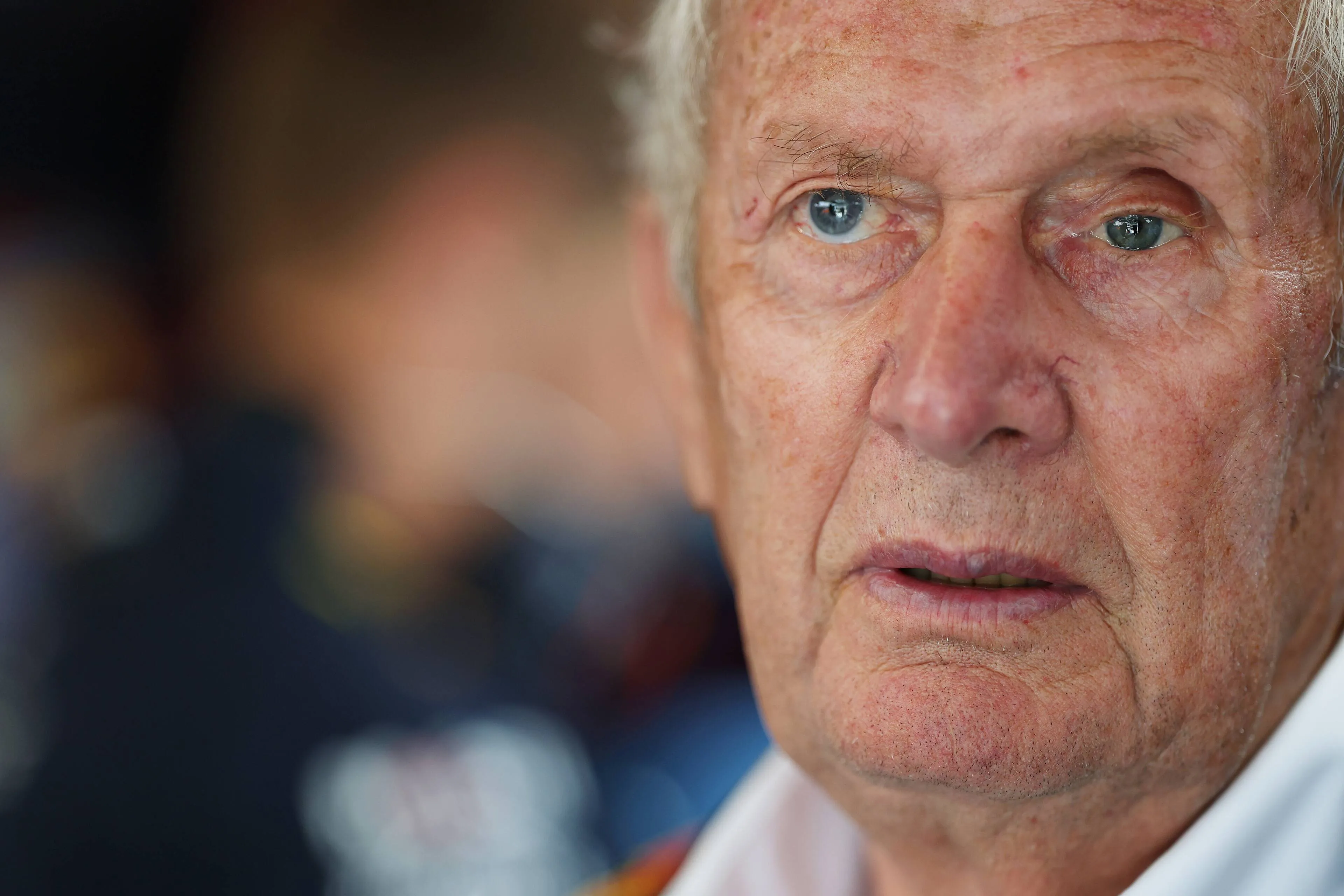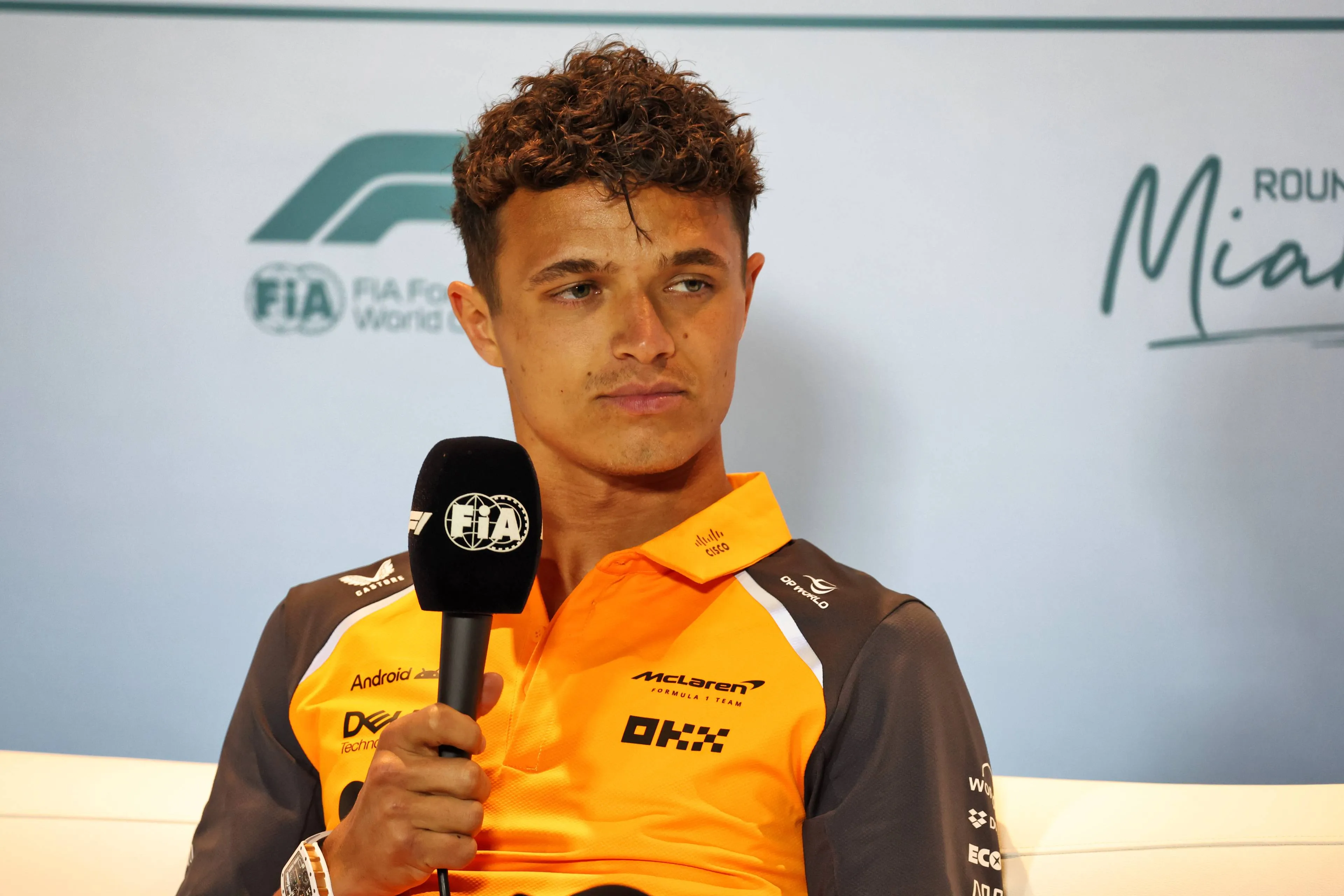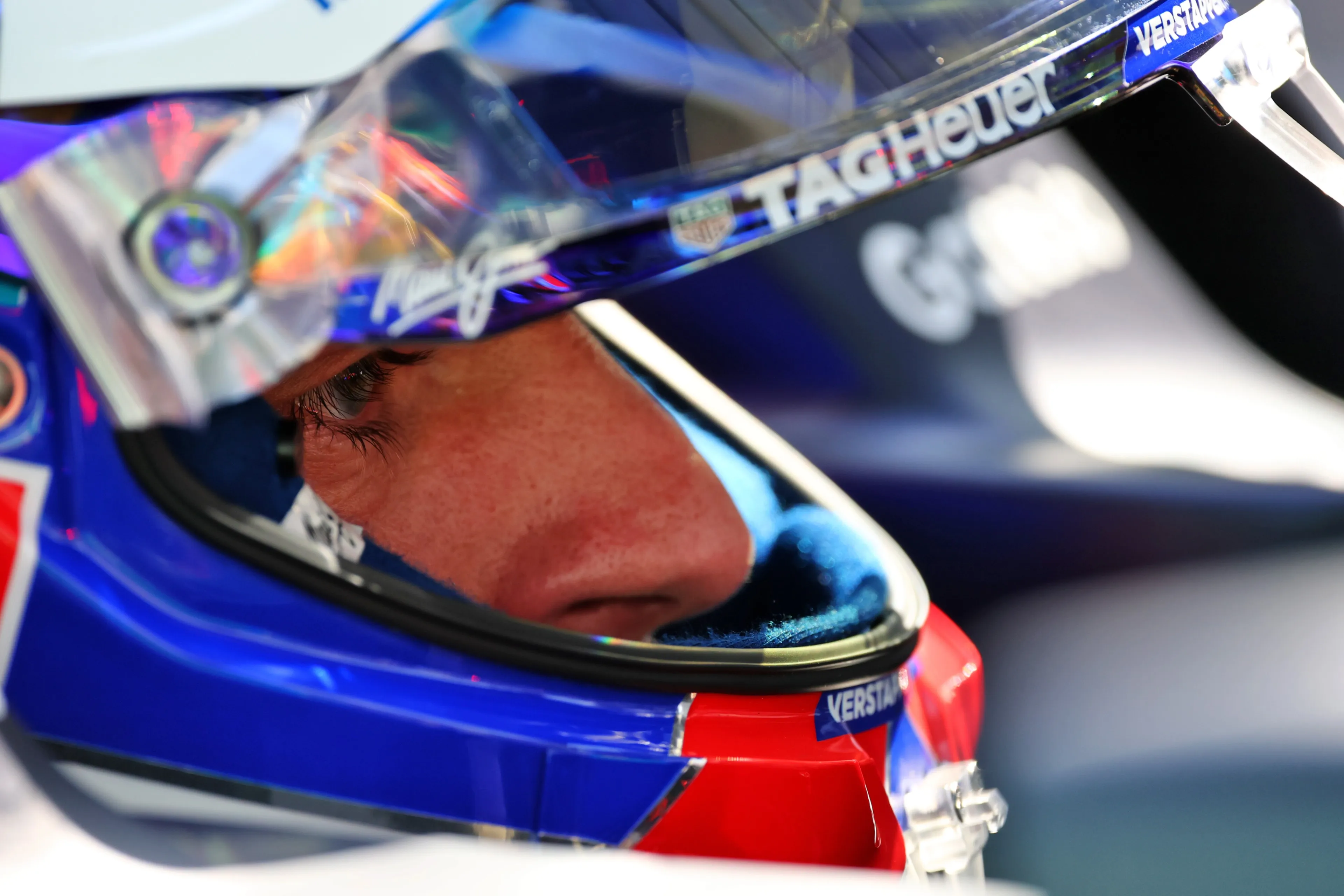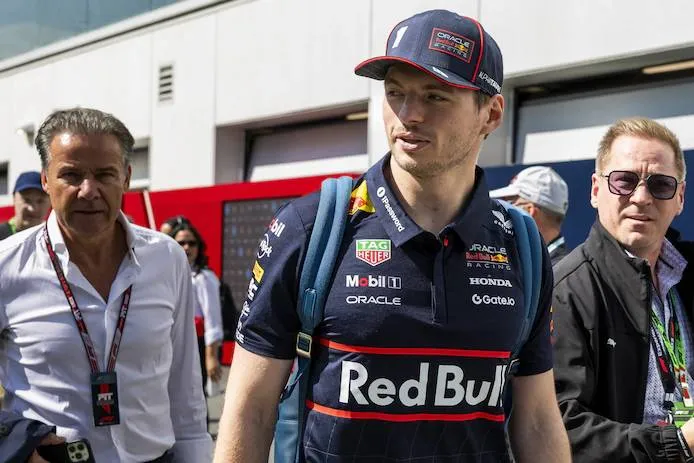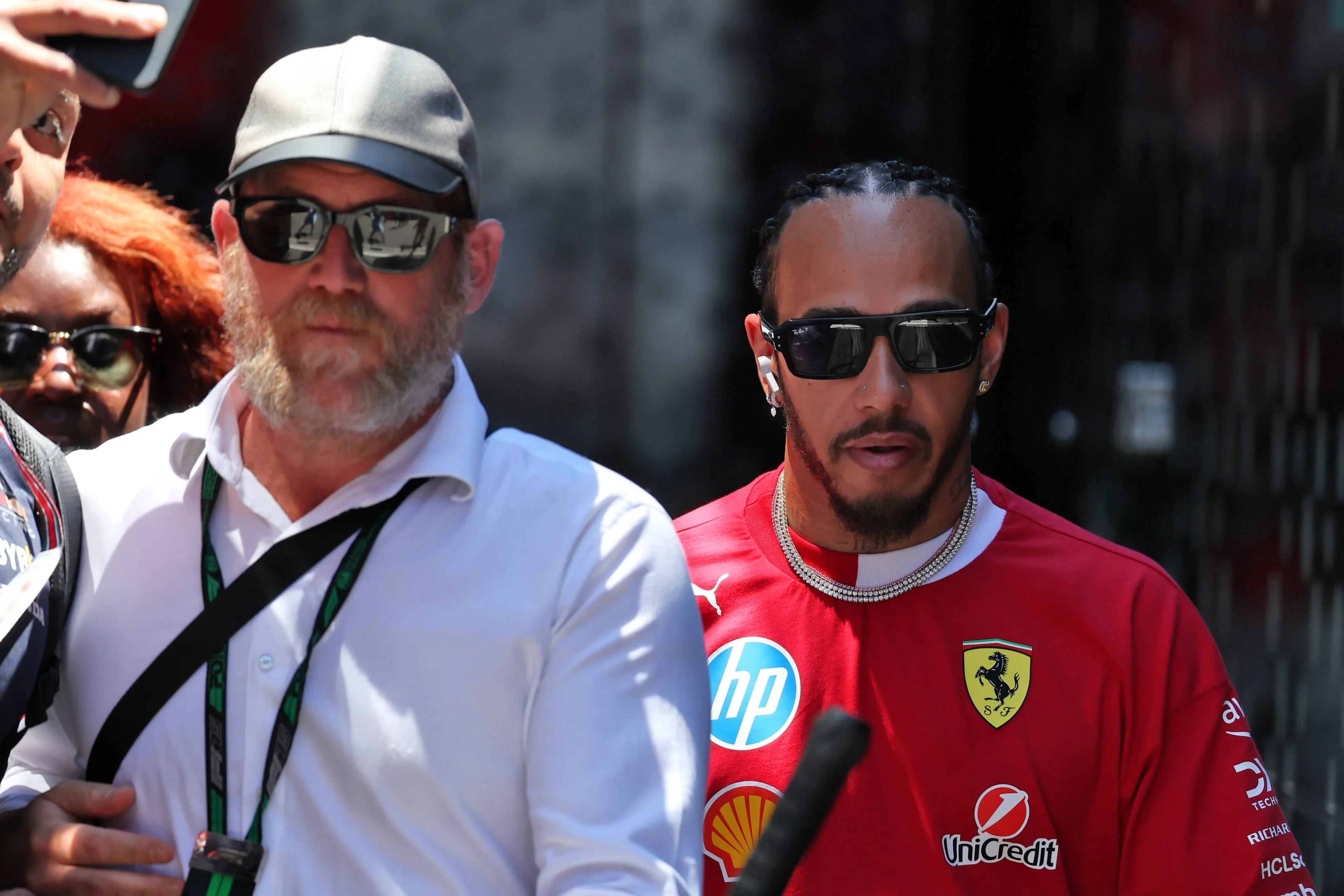Opinion | These are the lessons Formula 1 must learn from the Coronavirus pandemic
14:00, 29 Jun 2021
0 Comments
Barring a four-month off period at the start of the 2020 season, Formula 1 has soldiered on through the global coronavirus pandemic. The F1 circus has continued to criss-cross the globe, albeit with a number of venue changes, in what has been the most successful worldwide series of events since March 2020. This weekend's Austrian Grand Prix marks the 26th and final race to take place in a 12 month period.
In that 12 month period, the on-track action has livened up with surprise winners, surprise podiums and now a 2021 title fight. All with the 2022 rule and regulation reprint just around the corner. A lot of that has been down to the rise and fall of a few different teams in the paddock, and the improvements Red Bull Racing have made over the most recent winter.
But equally, Ross Brawn, Liberty Media, Chase Carey, Stefano Domenicali, the FIA and their respective teams should take plenty of plaudits for getting the show on the road. And that should be extended to the engineers, drivers, team members, marshals and officials for getting out there in all for the purpose of entertaining. Hopefully, as the sport continues to move forward, fans can return to all tracks in full and all other restrictions can be removed whenever possible.
Through the coronavirus period, many unexpected positives have been discovered in F1 as a result of the forced changes made. Some of which should be utilised time and time again when the world returns to some form of normality. Here are lessons F1 must learn.
Opinion | Lessons F1 need to learn
The F1 paddock remains stationary this week. Back to back races are taking place at the Red Bull Ring in Austria. In recent history, this took place for the first time in 2020 to try and pack in the races and the same will happen again in 2021.
If Liberty Media truly want to expand the current 23 Grands Prix schedule, then this is an option to replicate moving forward. Two back-to-back races at Silverstone, Spa Francorchamps, or Monza for example. Venues that pull in the crowds and are synonymous with F1 history. Two consecutive races at the same venue open up numerous storylines and of course, drivers and teams can look for revenge on the same track.
Looking at this coming weekend, Red Bull Racing only need to make changes to suit the softer tyres and possibly weather conditions. Whereas Mercedes will be looking to make radical changes. Will they work? Will the gap close? How will the change of tyres affect teams? Variable weather conditions? It throws an extra dynamic into the season. If Liberty Media want to expand the number of races and continue to please the hardcore purist fans, then this is a route to go down.
Calendar alterations
For far too long, F1 has been stuck in pretty much the exact same cycle of races each year. No more than a couple of alterations are usually made from one year to the next. And whilst some of this is to help climate conditions and team transport, COVID proved that changes can be made. The pandemic forced bosses to give the schedule a full reshuffle. The order of races was changed, and some surprise circuits made a return to the schedule after a number of years on the sidelines.
Of course, F1 has contracts to fulfil. But if F1 wants to learn from this, then future contracts which say something along the lines of 'three races over five seasons' for specific circuits. A number of core tracks remain on the schedule each year, with a select few circuits rotating in and out.
This allows F1 to visit more countries/venues around the world without taking the number of races into a ridiculous figure. It keeps each season unique for the fans and keeps teams on their toes developing cars to suit different needs which different circuits require.
Fans required
Many changes have taken place in the world of Formula 1. Masks are now worn virtually everywhere in the paddock, social distancing takes place, teams are in bubbles and fewer engineers can work on the car at certain points. But no change has been more felt than the lack of fans in the stands.
One of the biggest and most celebrated aspects of the Grand Prix weekend is the fans. At Silverstone, the campsites are full and there's even plenty of non-Grand Prix entertainment taking place including music concerts and fairground rides.
That buzz is notably missing. The roar of the crowd when their home favourite makes an overtaking move has been missed greatly. This hole in the Grand Prix weekend has to be filled as soon as possible and hopefully, 140,000 fans will visit Silverstone for the 2021 British Grand Prix. Liberty Media can make as many changes as they like, but they must learn from this period that they need to look after the fans around the world. Ticket prices in the events industry have climbed steeply over the last decade. F1 must do all they can to look after the fans because they are needed trackside.
Read more about:
Rumors
Popular on GPBlog

1
Horner to Ferrari? 'Then Hamilton leaves immediately!'
1601 times read

2
Brundle sees shifts in Verstappen's Red Bull future after Horner's sacking
940 times read

3
Kelly Piquet 'reveals' reason for Max Verstappen's visit to Italy
795 times read

4
It's confirmed! Did Verstappen and Wolff actually meet?
785 times read
